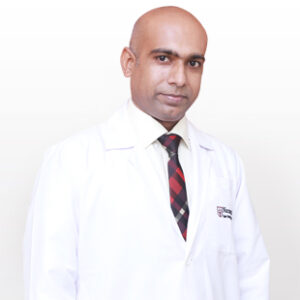
An average heart pumps about 7500 liters of blood every day and beats over 3.5 billion times in a lifetime. The importance of protecting the heart is essential but the sources of your guidance must be credible and accurate.
On the occasion of World Heart Day, let us discuss how to keep our heart healthy and avoid misinformation and viral social media remedies.
The rising occurrence of heart disease is a matter of great concern. Heart disease results in disability and death. It affects people at their most productive age. In India, heart attacks have been seen to occur earlier than in developed countries like the US.
The good news is that around 75% of heart diseases can be prevented by adopting simple lifestyle changes that are healthy and balanced. These include controlling sugar intake and helping to maintain normal cholesterol and blood pressure through a healthy lifestyle with a proper diet and adequate physical exercise.
Avoid smoking, alcohol and exercise regularly. Eat healthy food. But at the same time, it’s important to discuss another heart risk in today’s digital age – the viral messages on social media that spread misconceptions about heart disease.
An ideal example of dangerous misinformation is a viral WhatsApp message that talks about coughing therapy for a heart attack, which is completely fake and can be life-threatening for people suffering from a heart attack.
It also wrongly recommends something called ‘Cough CPR’ for surviving a heart attack when alone which can have fatal consequences by preventing the individual from reaching out for medical health.
Another fake message doing the rounds suggests that drinking four glasses of water at the beginning of each day will prevent heart attacks and cure various diseases. A fake message about the side effects of aspirin can make a patient stop the medicine that has been prescribed, with dangerous consequences for a patient with a stent, as it can suddenly block and cause a heart attack.
Some of these remedies are harmless while others can be life-threatening. However, complications arise when overdependence on the viral messages forces individuals to quit taking regular medicines. Viral messages about the alleged side-effects of the medicines are circulated without understanding how its benefits far outweigh the risks.
Thus, on this World Heart Day, let us vouch to follow professional medical advice for all your doubts, queries, and even skepticism. Don’t change a prescribed drug just because you came across an article online. Being well informed is an advantage but not at the cost of being manipulated by unscientific or baseless arguments. And finally, let us follow the golden path of a nutritious diet, adequate sleep, and regular exercise that leads to a healthy and happy heart.